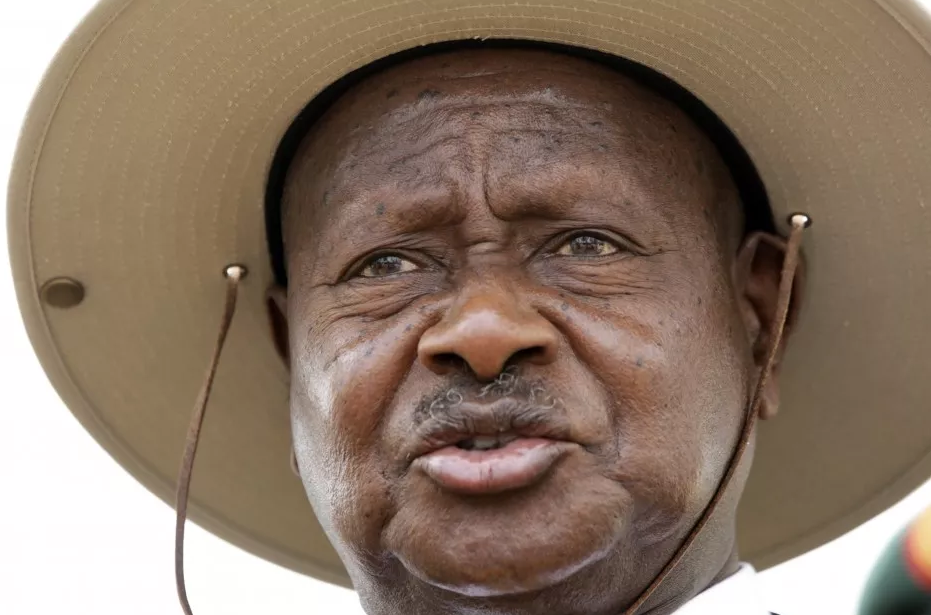As Kenya goes to polls on Tuesday, Uganda fears the elections may not pass without major incidents occasioning a spillover of refugees escaping from violence, cutting off of the country’s fuel reserves and supply from the maritime port of Mombasa.
Nearly 90% of Uganda’s imports and export cargo passes through Kenya.
Ten years ago there was terrible post-election ethnic violence in the country, which nobody here wants to see repeated.
But with opinion polls predicting a very close race between incumbent president Uhuru Kenyatta and opposition leader Raila Odinga, there are fears there could be trouble ahead.
What happens to Kenya is less about who wins the elections and more about how those who lose take their defeat.
Kenyatta, 55, is a son of Kenya’s founding president, Jomo Kenyatta, while Odinga is the son of Kenya‘s first vice president, Jaramogi Oginga Odinga. The two founding fathers fell out shortly after Kenya’s independence from Britain in 1963. But it is evidently so, President Yoweri Museveni prefers the incumbent sails through while his nemesis Dr. Kizza Besigye has struck a chord with Odinga.
In a country where the tribal card is has over the years played integral in determining voting patterns, the spectre of Kenya plunging into the post-election violence reminiscent of the previous elections that adversely affected Uganda, has seen the government set up an inter-ministerial committee to not only monitor the situation, but formulate measures aimed to protecting the country’s interests with concerned government departments in this regard being internal affairs, security, immigration and disaster preparedness, where Uganda’s refugee department falls.
Uganda’s committee for Kenya polls is being chaired by the powerful minister for foreign affairs Sam Kuteesa after a meeting convened by Rugunda with responsible ministers, heads of government departments and the agencies over the impending Kenya elections.
It was agreed that Kuteesa’s ministry becomes the government’s contact person Julius Muchunguzi, the communications advisor to the Prime Minister Ruhakana Ruganda. Government Chief Whip Rose Nankabirwa, minister in charge of General Duties Mary Karooro Okurut, Security minister Lt Gen Henry Tumukunde and officials from the Finance ministry are also in the mix.
“We have taken all the necessary precautionary measures so that we are not caught off-guard,” Minister for Internal Affairs, Obiga Kania confirmed.
Uganda is a net importer of petroleum products through Kenya and consumes an average of 162 million litres of petrol, diesel, kerosene and jet fuel per month.
“We need to have enough fuel reserves and also work on viable second route to the Indian Ocean,” state minister for Disaster Preparedness Musa Ecweru said.
The nation however has fuel capable of lasting more than three weeks if Kenya goes wild.
In 2007, a number of Ugandan traders lost merchandise worth billions of Shillings, and the uprooting of the railway to landlocked Uganda by protestors and blocking of major routes meant imports from the coast could not be transported.
During the violence, at least 16 Ugandan and Rwandan traders who saw their trucks and goods destroyed on the Northern Corridor (Nairobi-Eldoret-Kampala highway), worth $47 million (Ushs158 billion), have for close to a decade now sought compensation.











